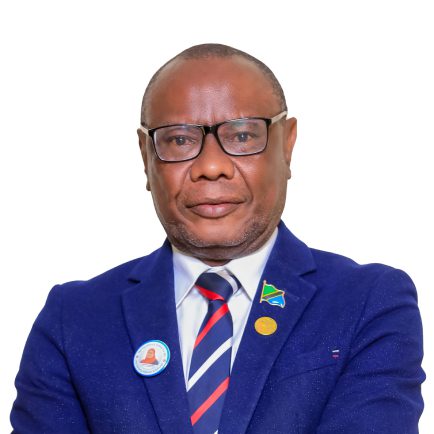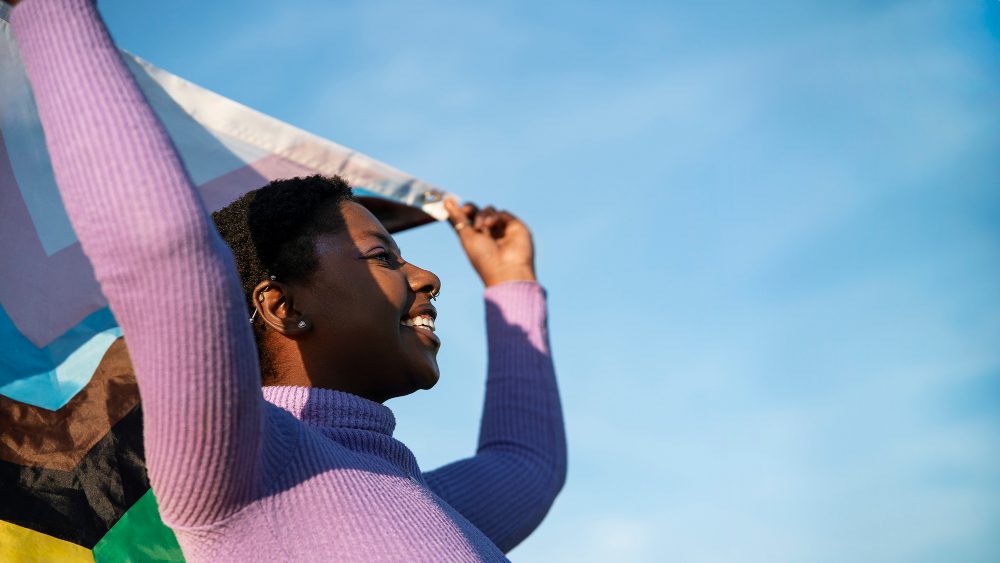
Saturday, 15th Marach 2025

By a Policy Advisor
The dream of Pan-African unity that inspired liberation leaders decades ago stands at a crossroads in 2025. On one hand, the African Union (AU) has made tangible strides: the AfCFTA trade deal is a flagship Pan-African project, and the AU recently gained a seat at the G20 table, signaling global recognition of African unity. On the other hand, internal fractures are evident – from conflicts (like the Ethiopia-Tigray war) to ideological splits over how to respond to coups. Pan-Africanism traditionally emphasized solidarity against colonialism and neocolonialism. Today, the foe is not as clear-cut: it’s underdevelopment, youth unemployment, climate injustice.
Does Pan-Africanism still rally Africans? Yes, in forms like Afrobeat music and #BlackLivesMatter solidarity, cultural Pan-Africanism is vibrant among youth. But political Pan-Africanism suffers when national interests dominate. Take the free movement protocol: only a minority of countries have ratified it, reflecting fears of migration or crime. Or consider how Africa negotiates externally – at climate summits or WTO, Africa’s common positions often crumble as richer nations dangle bilateral deals to split the bloc. Yet, we see sparks of renewed Pan-African spirit: during COVID-19, African nations, through the AU, pooled resources to secure vaccines when the global system failed them. That collective action felt like a throwback to earlier ideals.
For Pan-Africanism to be more than nostalgia, it must evolve – focusing on pragmatic integration (trade, infrastructure, health) that directly benefits citizens. As we mark 62 years since the OAU’s founding, the ethos of “African solutions to African problems” must be reinvigorated, not with grand speeches but with results people feel. A united Africa remains the surest path to global strength and respect. The vision isn’t retired; it’s being renewed in boardrooms, labs, and markets across the continent, albeit with challenges. The torch of Pan-Africanism still burns, if Africans choose to carry it forward together.


